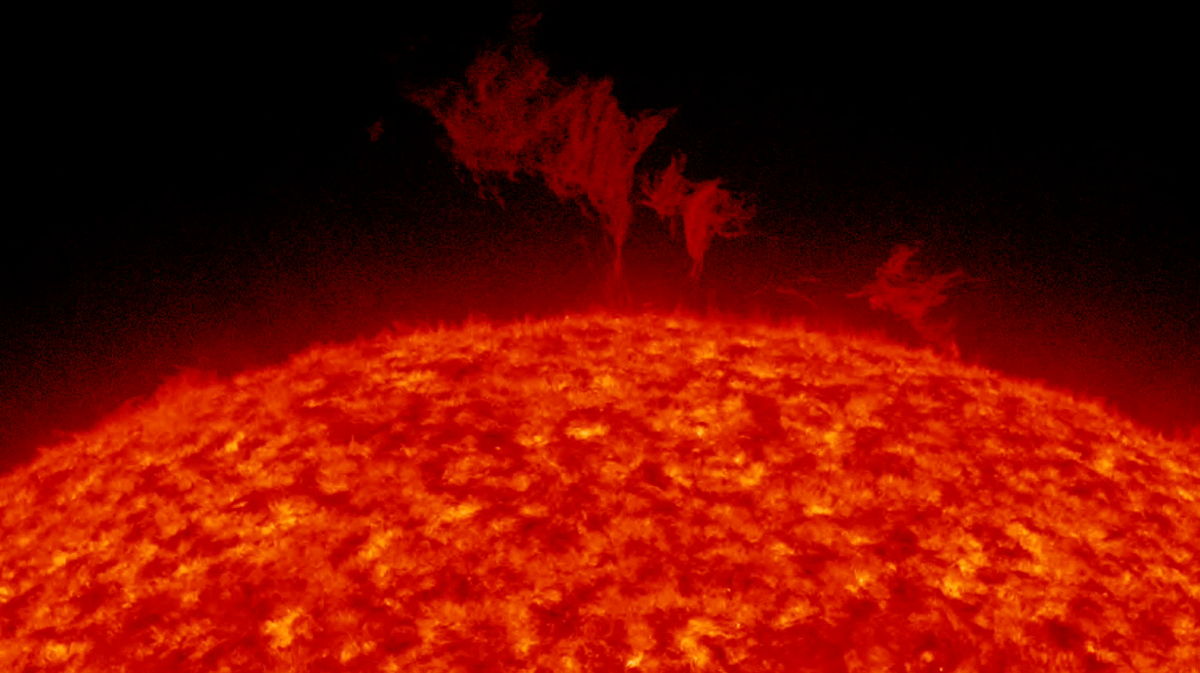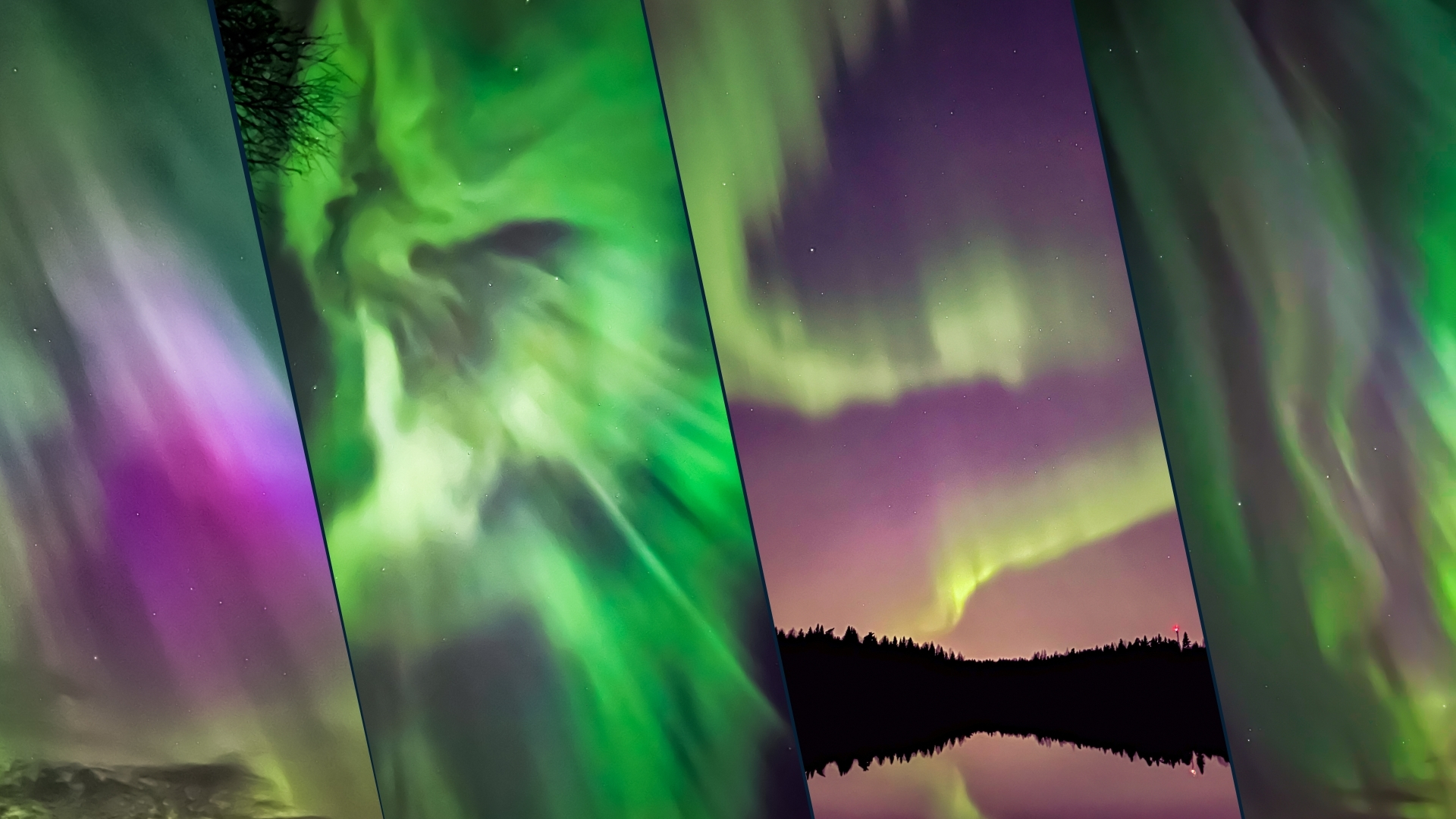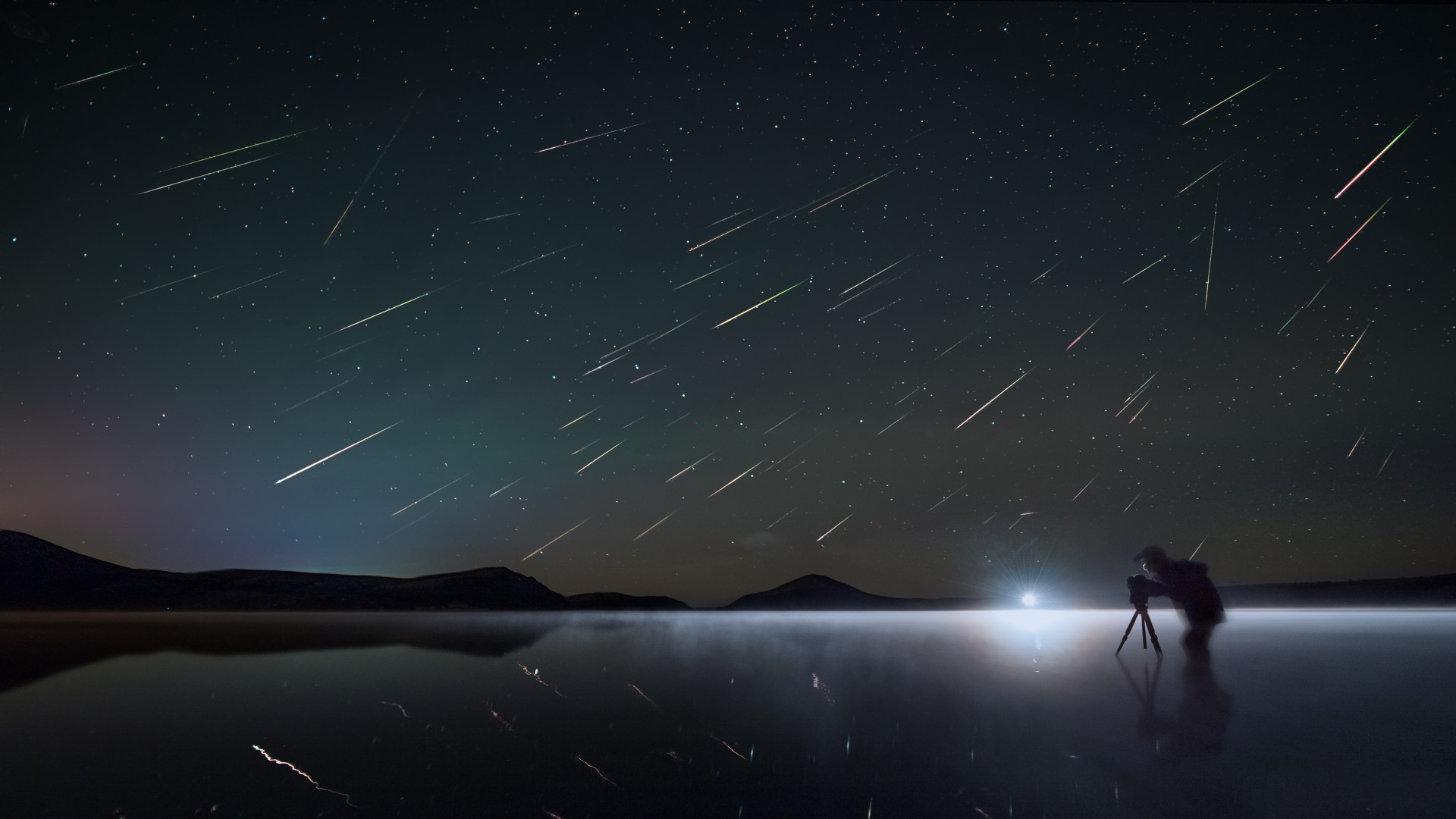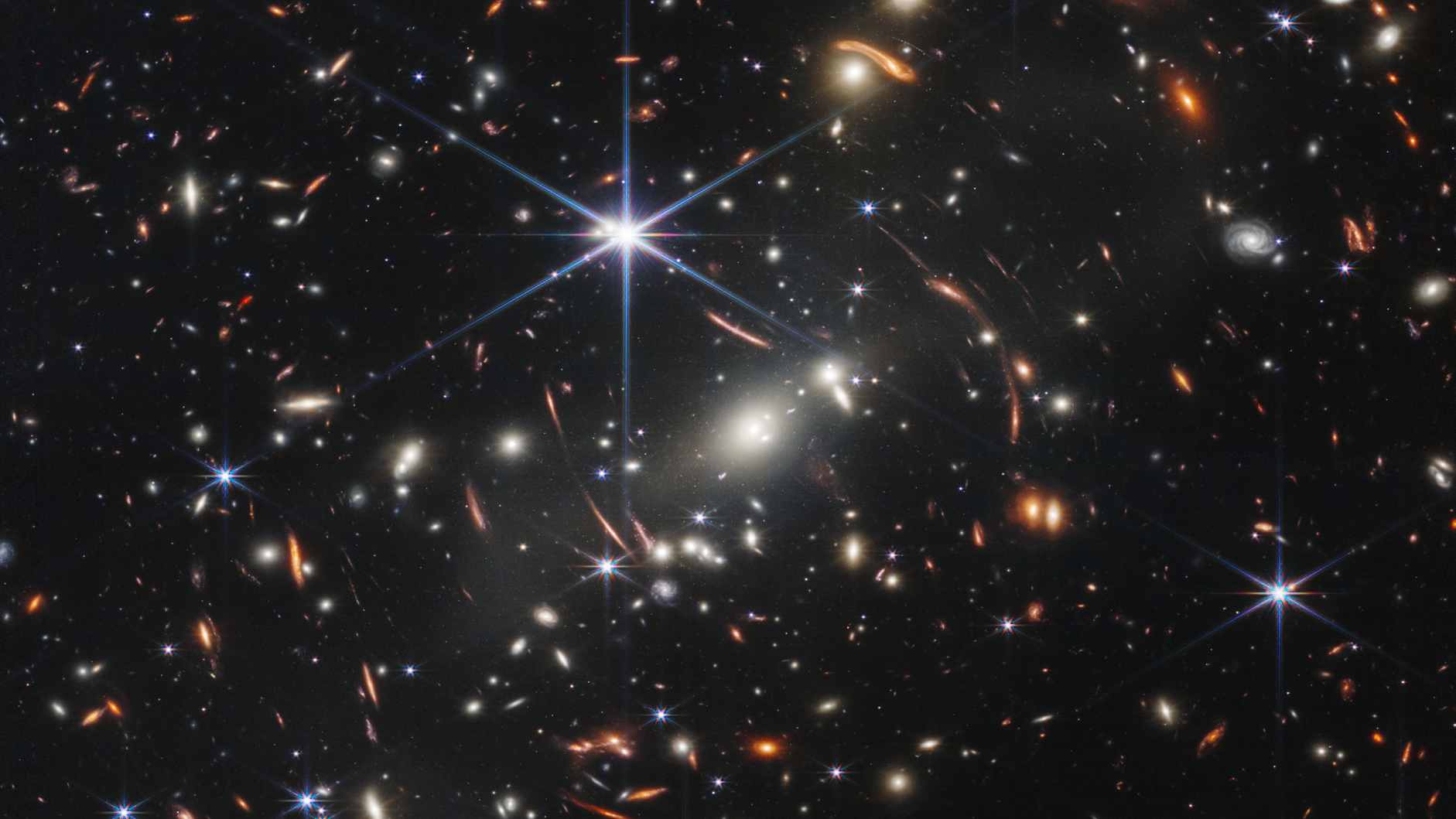SpaceX launched 23 more of its Starlink internet satellites from California on Monday (March 11), in the second leg of a spaceflight doubleheader.
A Falcon 9 rocket carrying the Starlink spacecraft lifted off from Vandenberg Space Force Base at 12:09 a.m. EDT (0409 GMT or 9:09 p.m. PDT March 10 local time).
It was the second Starlink mission in a little over four hours; the company earlier launched 23 of the broadband craft from Florida's Space Coast.
Related: Starlink satellite train: How to see and track it in the night sky
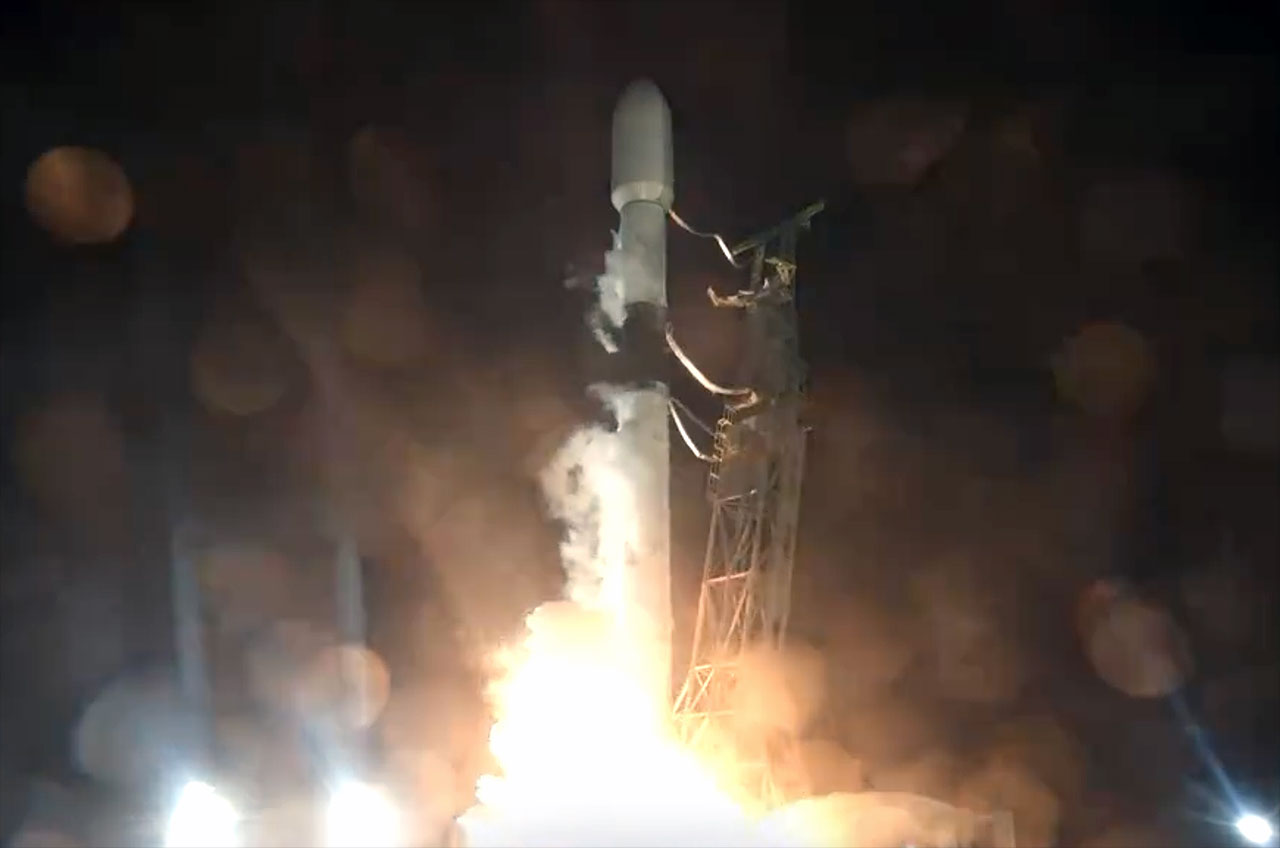
If all goes to plan, the Falcon 9's first stage will come back to Earth about 8.25 minutes after liftoff, making a vertical landing on the SpaceX droneship Of Course I Still Love You, which will be stationed in the Pacific Ocean.
It will be the 17th launch and landing for this particular booster, according to a SpaceX mission description. Eleven of its 16 missions to date have been Starlink flights.
The Falcon 9's upper stage will continue heading toward low Earth orbit (LEO), eventually deploying the 23 Starlink satellites there about 62 minutes after launch.
Get the Space.com Newsletter
Breaking space news, the latest updates on rocket launches, skywatching events and more!
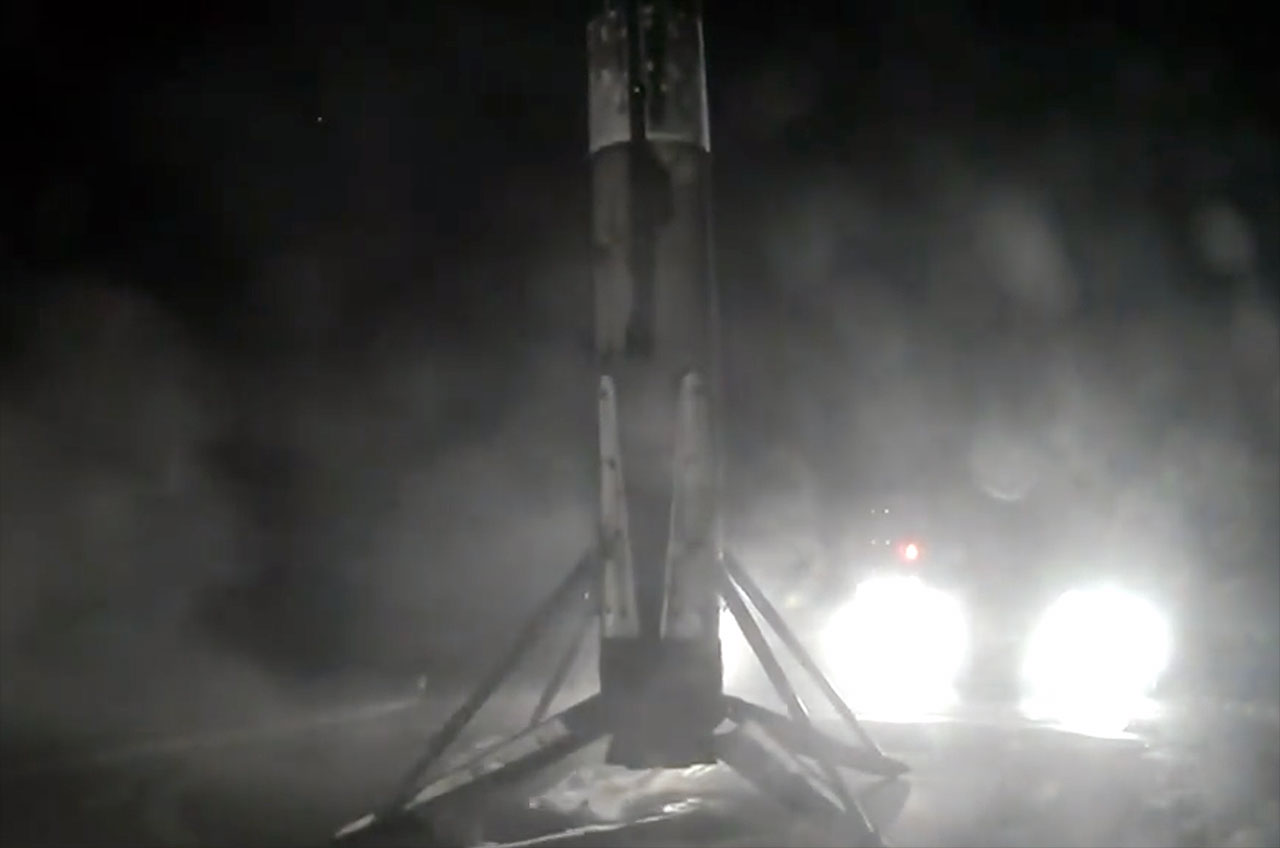
Starlink is SpaceX's broadband megaconstellation, which beams internet service to people around the world.
There are nearly 5,500 operational Starlink craft in LEO, but that number will continue to go up for the foreseeable future. SpaceX already has permission to deploy 12,000 Starlink satellites, and it has applied for approval for about 30,000 more on top of that.
Join our Space Forums to keep talking space on the latest missions, night sky and more! And if you have a news tip, correction or comment, let us know at: community@space.com.

Michael Wall is a Senior Space Writer with Space.com and joined the team in 2010. He primarily covers exoplanets, spaceflight and military space, but has been known to dabble in the space art beat. His book about the search for alien life, "Out There," was published on Nov. 13, 2018. Before becoming a science writer, Michael worked as a herpetologist and wildlife biologist. He has a Ph.D. in evolutionary biology from the University of Sydney, Australia, a bachelor's degree from the University of Arizona, and a graduate certificate in science writing from the University of California, Santa Cruz. To find out what his latest project is, you can follow Michael on Twitter.





